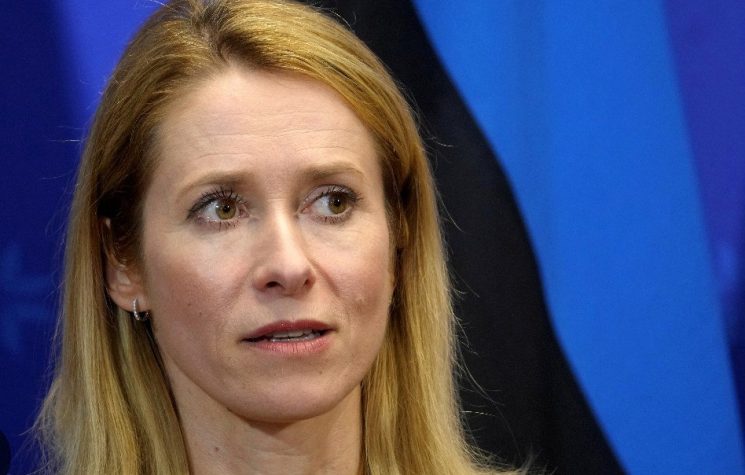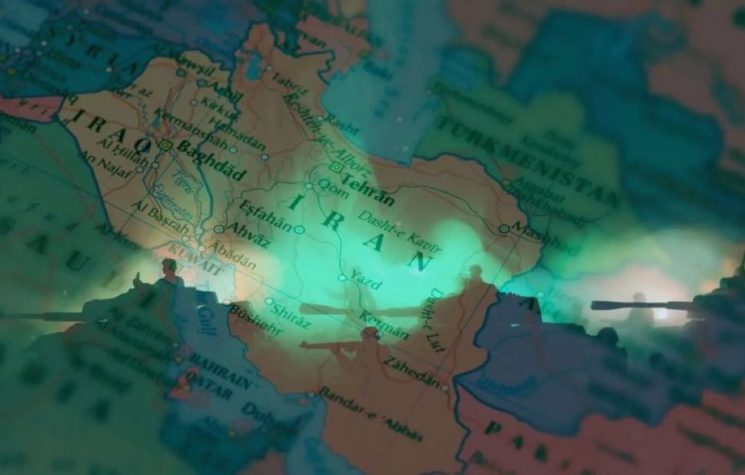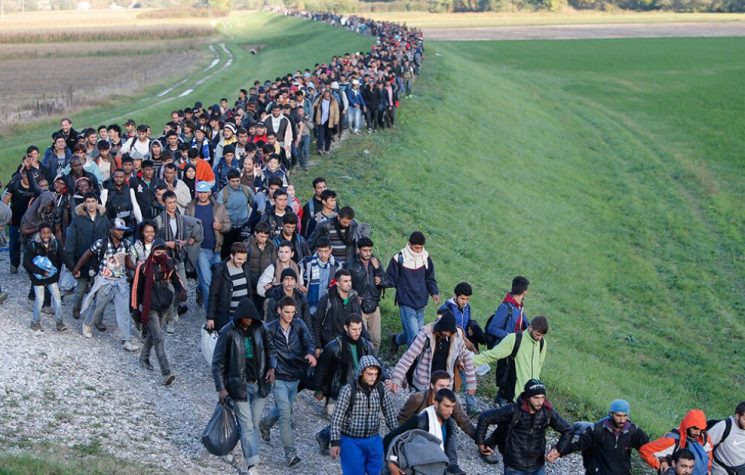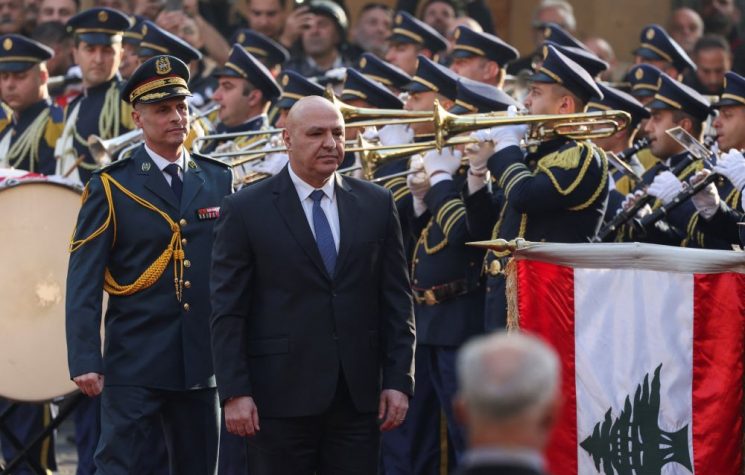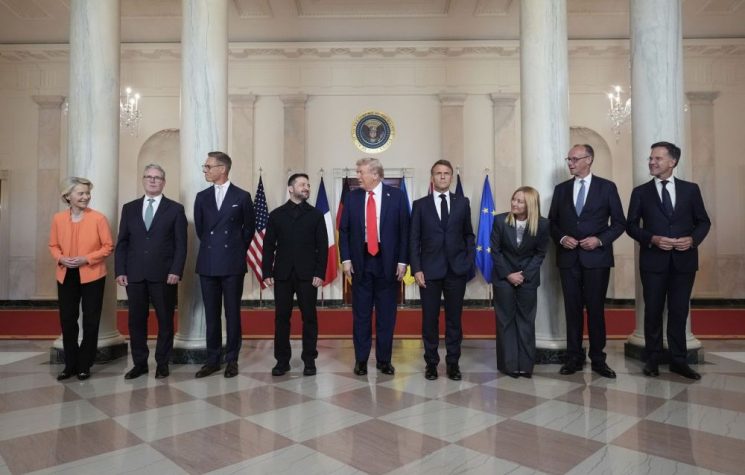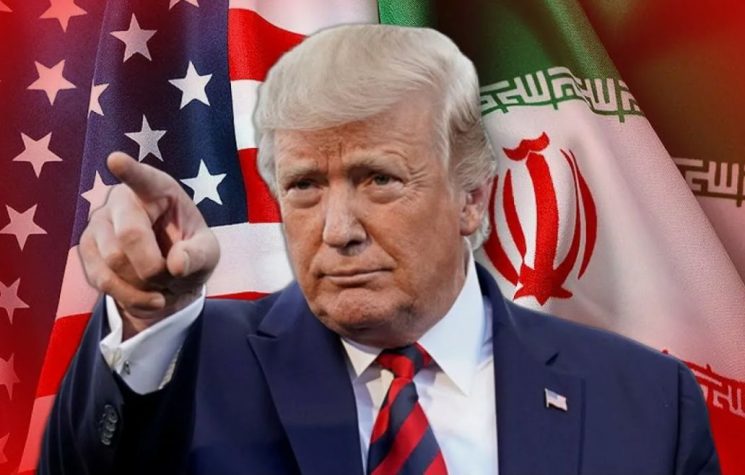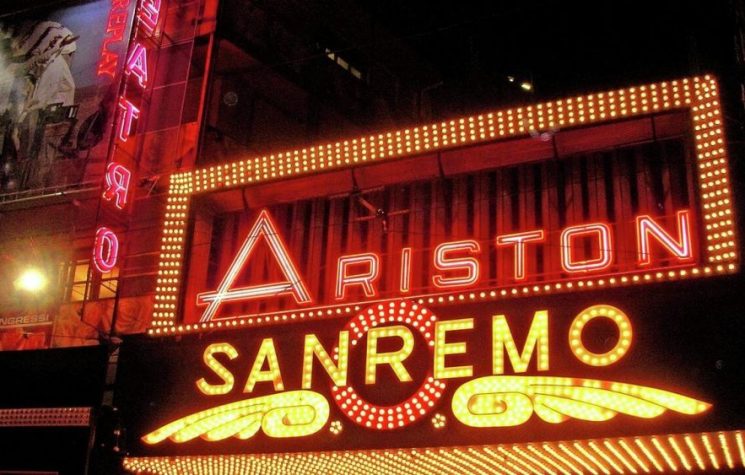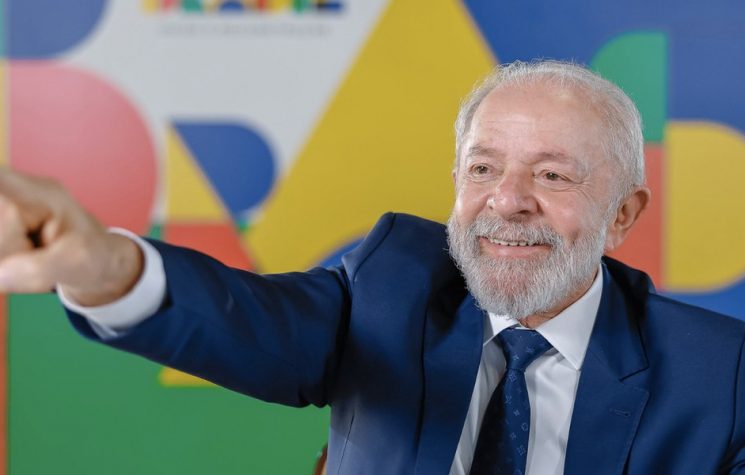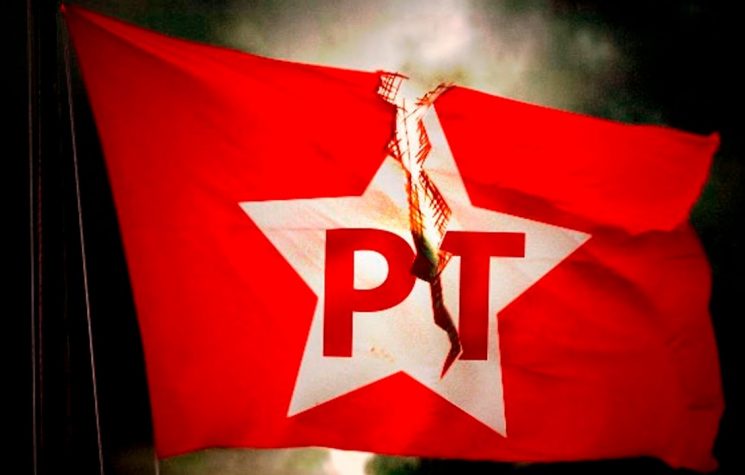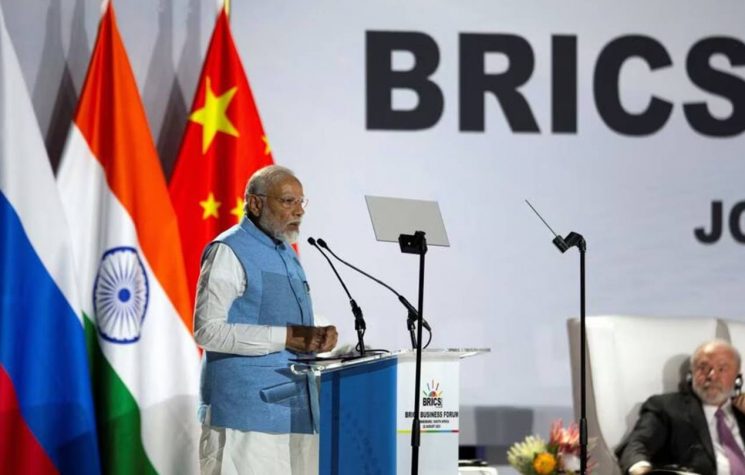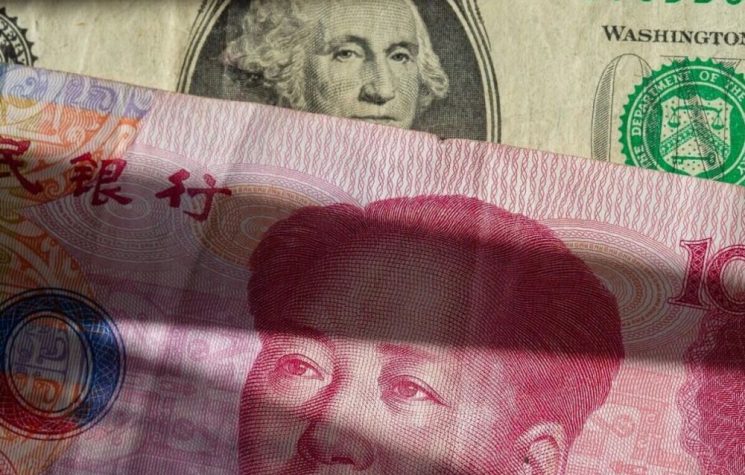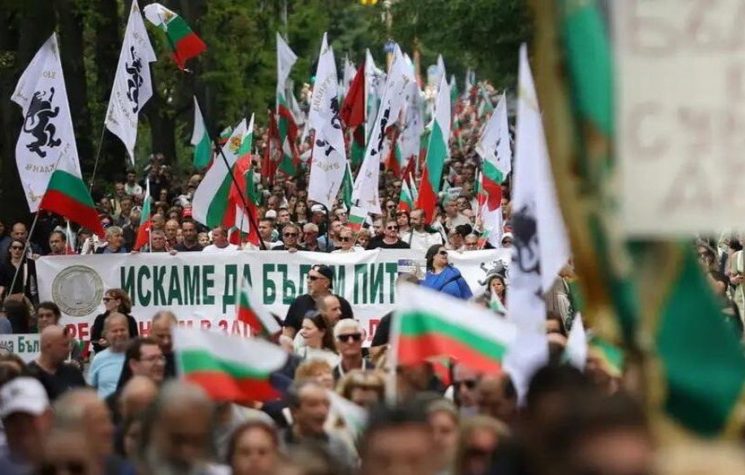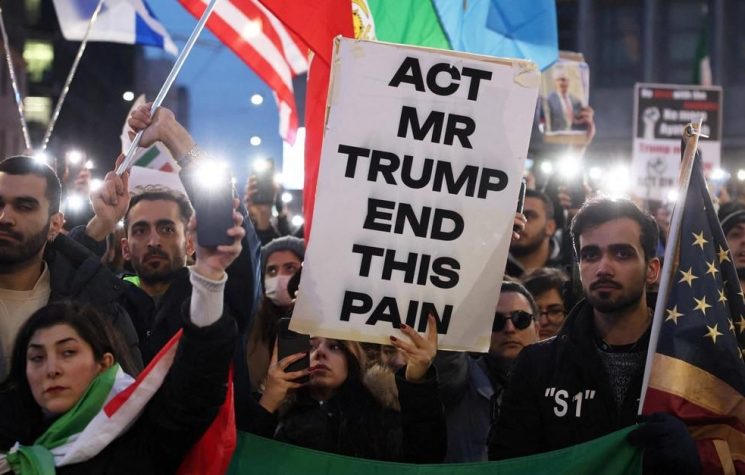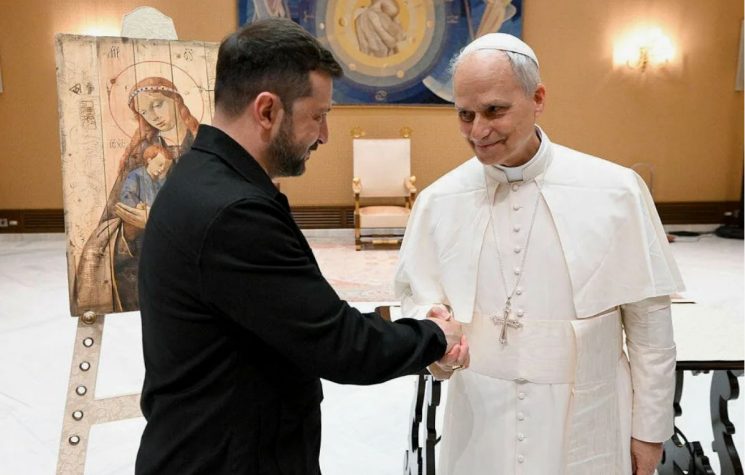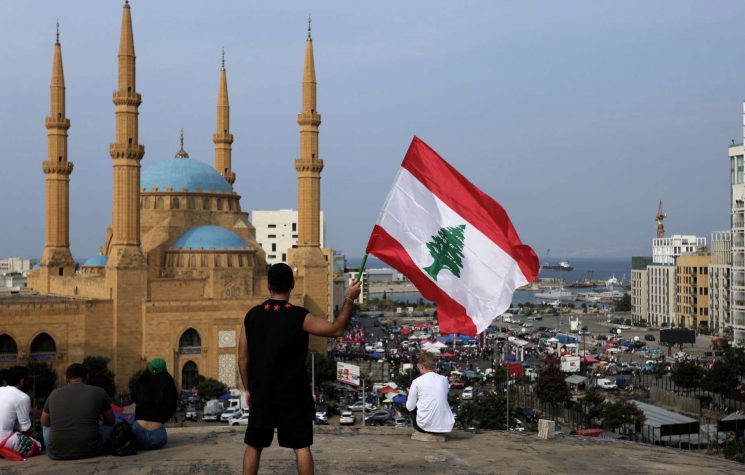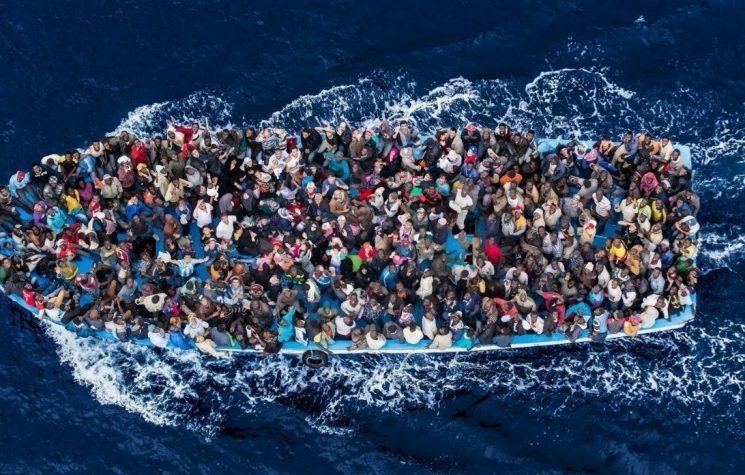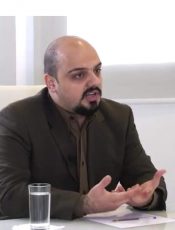The message to the Lebanese people is clear: the rich political elite are still holding all the strings, and nothing has changed, Steven Sahiounie writes.
The Chief of the Lebanese Central Bank, Riad Salameh, is expected to appear today before State Prosecutor Ghassan Oueidat at the Lebanese Ministry of Justice, after an Interpol ‘red notice’ was issued on May 19. If Salameh appears today, it is expected that his Lebanese and French passports will be confiscated to prevent his flight from accusations of bank fraud, embezzlement of more than $330 million, and money laundering. Oueidat seeks to hear Salameh in his defense of the charges.
On May 23, Germany informed the Lebanese Ministry of Justice they also had issued an arrest warrant for Salameh, following the Interpol warrant, and the May 16 arrest warrant issued by France after he failed to appear at a hearing in Paris. Legal experts have said that in any other country, this would mean Salameh would be picked-up, but not so in Lebanon.
Salameh, his brother Raja Salameh, and his assistant Marianne Hoayek are being investigated in Lebanon, France, Germany, Switzerland, and a host of other European countries for allegedly taking hundreds of millions in funds from the Lebanese Central Bank.
Yesterday, the defiant Salameh called the French investigation flawed because it was not done confidentially, but publically. Salameh would prefer the investigation be behind closed doors, underground, or disappear.
Before his scheduled hearing in Paris last week, a Lebanese judge was unable to locate Salameh to deliver the summons. Based on that evasion, many feel Salameh has already left the country to evade the long arm of the law.
Oueidat will study the charges, and Salameh’s defense, and issue a report to the Minister of Justice Henry Khoury, who may then decide to extradite Salameh and refer that request to the Council of Ministers, who would need to approve an extradition decree. In the end, Salameh’s freedom lies in the hands of the Lebanese Ministers, and most political experts are betting Salameh will be protected by that elite group of people who hold his fate in their powerful hands.
Khoury called for the bank governor to resign on May 22, saying his presence at the Bank “could have repercussions on the monetary situation of Lebanon”, and two political groups have joined the call for Salameh to resign, the Free Patriotic Movement, and the Lebanese Forces. Saade Chami, Lebanon’s caretaker Deputy Prime Minister, has also called for Salameh’s resignation.
Khoury has said that Lebanon does not automatically extradite citizens facing charges but first will conclude its investigation, and there is no extradition treaty between France and Lebanon. This offers Salameh legal protection even though Interpol has requested his arrest.
The worst that can happen to Salameh would be to investigate his charges at the Ministry of Justice, and then to proceed to trial if the Office of the Public Prosecutor for Discrimination decides the accusations are true. Salameh’s latest six-year term ends in July, and he has refused to step down early.
France has also summoned Raja, and Hoayek for hearings on May 31 and June 13 respectively.
Why he will not be arrested
Lebanon’s political elite continues to protect Salameh, and his freedom is in their hands. Powerful figures including Parliament Speaker Nabih Berri, Prime Minister Najib Mikati, and former Prime Minister Saad Hariri have supported Salameh at the helm of the bank for decades. Most importantly, the U.S. Ambassador has said in the past that removing Salameh is a red line.
Regardless of the increasing calls for Salameh’s resignation among top officials, Mikati has never voiced an opinion. After 30 years as bank Chief, Salameh holds the secrets, and the documentation to sink several political ships.
The Lebanese cabinet of ministers met with Mikati presiding after the French issued the arrest warrant for Salameh. Interior Minister Bassam Mawlawi said the meeting was a discussion of the Salameh charges, and an assessment of the opinions of the various political blocs, which in Lebanon translates into sectarian parties, led in many cases by surviving warlords of the 1975-90 civil war. The Lebanese ruling elite are mega-wealthy families who have pulled the country down by their greed and corruption, and left millions of Lebanese citizens well below the poverty line, and next to starvation.
Legal experts have said that Lebanon’s cabinet has the authority to dismiss a governor based on the Code of Money and Credit, without formal accusations, especially in cases involving serious misconduct. But, Salameh holds damning secrets against many in power, and this has provided him with a safety net.
Ali Darwich, a former MP affiliated with Mikati, told a Gulf media that “no decision will be taken regarding Salameh’s resignation until his mandate expires at the end of July unless formal accusations are issued in Lebanon”.
The Accusations
Lebanon has been suffering from a political corruption pandemic during the past three decades. Salameh is not alone, but the French judiciary alleges Salameh has embezzled hundreds of millions of dollars from Lebanon’s central bank through commissions paid by commercial banks to a shell company owned by the governor’s brother, Raja Salameh.
The judges in France believe the embezzled money went to Salameh and his associates, who include his former right hand at the bank, Marianne Hoayek, a 2003 Miss Lebanon contestant. The Salameh group used the cash to finance luxury real estate in Europe while falsifying banking documents to support his wealth.
The investigations initially began with a Swiss probe into whether Salameh and his brother Raja illegally took more than $330 million from the central bank between 2002 and 2015. France, Germany, Luxembourg, and Liechtenstein have also initiated their investigations into Salameh’s alleged embezzlement which included money laundering in Europe.
The European Union announced the freezing of some $130 million of Lebanese assets in France, Germany, Luxembourg, Monaco, and Belgium in March 2022, after Munich prosecutors suspected Salameh. Mount Lebanon Public Prosecutor Ghada Aoun charged Salameh in March 2022 with illicit enrichment in a case related to the purchase and rental of Paris apartments, including some by the central bank.
In November 2022, Lebanon’s most senior judge Jean Tannous said that political meddling in judicial work had led to a chaotic situation that required a “revolution in approaches” to resolve. Tannous had been appointed to lead the investigation but complained of an intervention by Mikati, which was denied.
Oueidat stopped Tannous from attending a Paris meeting last year with European prosecutors investigating Salameh, and in June 2022 Oueidat ordered a prosecutor to formally charge Salameh, but the prosecutor refused and sought to be recused from the case before being blocked by legal challenges from Salameh.
In February 2023, Salameh, Raja, and Hoayek were charged with money laundering, embezzlement, and illicit enrichment.
Lebanon has hosted European investigators three times: first in January to interrogate witnesses and obtain additional evidence, then in March to question Salameh, and in May to interrogate Raja and Hoayek. French, German, and Luxembourg magistrates continued their investigation into commissions received by a company owned by Raja Salameh, Forry Associates Ltd, during sales of financial securities of the central bank.
Salameh is accused of transferring millions of dollars from his son’s account to a foreign bank owned by his friend Marwan Kheiredine and having Raja create a firm to which he transferred $300 million from the central bank.
In April, Hoayek was questioned by a delegation of European judges who arrived in Beirut as part of a corruption probe into Salameh, Raja, and several associates, where she is accused of receiving up to $5 million from the central bank, deposited into her accounts in Switzerland and Luxembourg. A Swiss probe of Hoayek uncovered in 2021 that she benefitted from funds diverted from the central bank.
Lifestyles of the rich and famous
Nada Salameh, Riad Salameh’s wife, was questioned by Judge Aoun, where she spilled the beans on her husband’s womanizing exploits, which he used in his illicit financial operations.
Anna Kosakova, Riad Salameh’s Polish ex-lover, and the mother of his daughter, also was questioned by French public prosecutor Aude Boursier, where he asked her about the three houses registered in her name through several front companies connected to Salameh.
Lebanese actress Stephanie Saliba admitted to receiving $500,000 as a gift from Riad Salameh, which she sent to a foreign bank account, after meeting Salameh on a private plane from the Gulf to Lebanon.
Lebanon is in a financial collapse
Since 2019, Lebanon has spiraled out of control in a financial crisis and has no president and a weak cabinet.
Lebanon’s deputy Prime Minister Saade Chami is heading the country’s talks with the IMF, but the steps requested to unleash the billions the IMF has promised to Lebanon have yet to be undertaken.
Now, Lebanon is likely to be placed on a “gray list” of countries under special scrutiny over unsatisfactory practices to prevent money laundering and terrorism financing, in yet another blow to the country in financial collapse.
The Lebanese Lira has lost more than 98 percent of its value, plunging most of the population into poverty, and foreign diplomats have been expressing concern for months that the increasingly cash-based economy could hide growing illicit flows of money.
The Middle East and North Africa section of the Financial Action Task Force, a financial crime watchdog, has carried out a preliminary evaluation of Lebanon’s economy and the report looks dire.
Salameh is not the only cause of the suffering of Lebanon, but he is the most visible character, and by protecting him from legal proceedings, the message to the Lebanese people is clear: the rich political elite are still holding all the strings, and nothing has changed.














